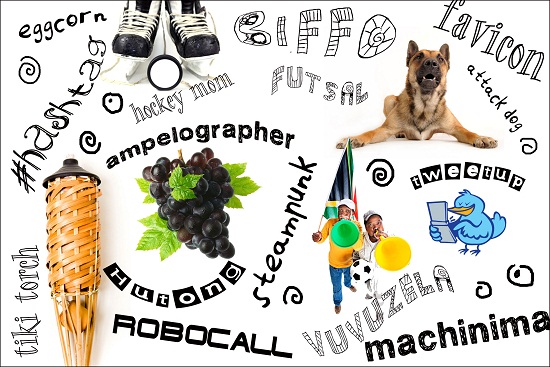Evolution is what languages today believe in and this holds especially true ever since internet is in use. Various associations came up with their own argot and further popular sites came up with their own terminology. But all this while it was just fenced to their site and now some of the most popular words are finding place in Oxford Dictionary.
The third edition of Oxford English Dictionary, which was initially released in 1998 has come up with 2,000 new words, many of which are motivated by web industry and its communities. That is how words like Tweetup (Generally referred to meeting people you know from on Twitter)– organized via Twitter has been added to Oxford Dictionary of English. Other word inspired by web, or technology today is “Paywall” (means restricting content on a website or subscriber) has also been added.
The vuvuzela, the horn instrument which became the sound of the 2010 FIFA World Cup in South Africa, has won an entry in the latest edition of the Oxford English Dictionary. The credit crunch has also contributed a number of words, including “overleveraged”, meaning having too much debt, and “quantitative easing”, meaning when the central bank introduces new money into the financial system.
The rise of “social media” has also been duly charted by the dictionary, with the term itself making an appearance, along with “defriend”, meaning to remove a contact on a social networking site. On the fun part it also included terms such as “chillax” – to chill or calm down and relax – and “bromance”, a close but non-sexual relationship between two men.
Other words include:
Buzzkill: a person or thing that has a depressing or dispiriting effect
Cheeseball: lacking taste, style or originality
Frenemy: a person with whom one is friendly despite a fundamental dislike or rivalry
Interweb: the internet
Wardrobe malfunction: an instance of a person accidentally exposing an intimate part of their body as a result of an article of clothing slipping out of position.


